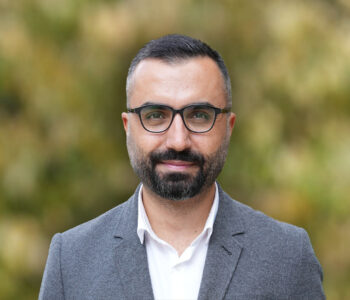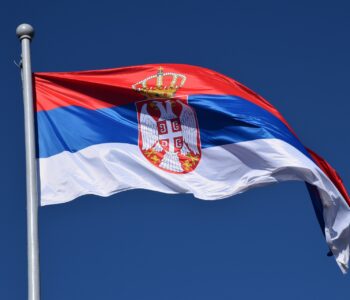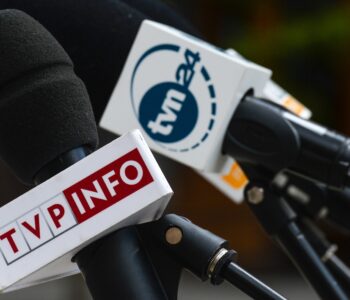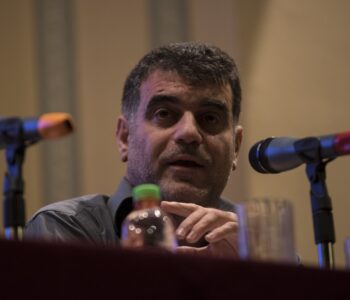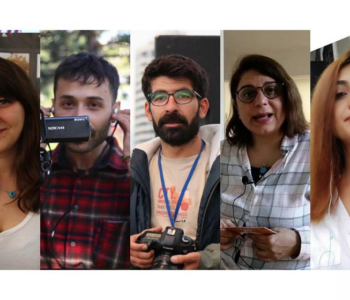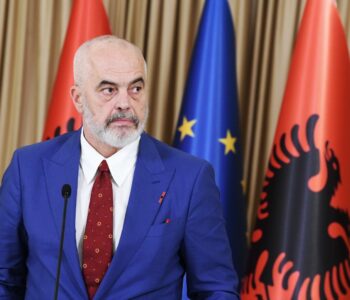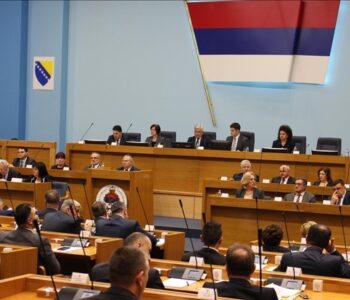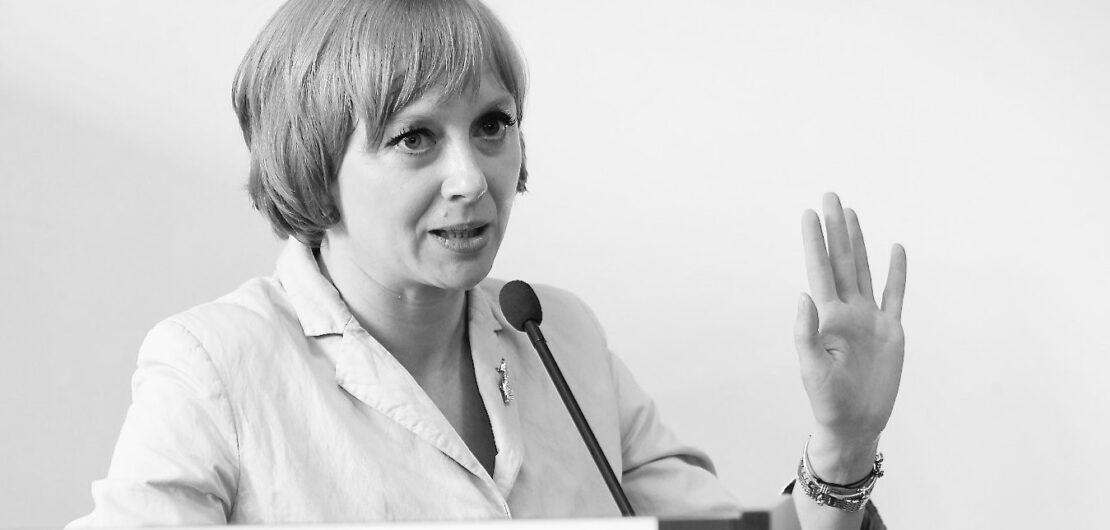 Library
Library
Media freedom groups demand renewed investigation into crimes against…
Media freedom groups demand renewed investigation into crimes against Romanian journalist Emilia Șercan
In an open letter to the Romanian General Prosecutor the MFRR partners have condemned the negligent and error-strewn investigation into the crimes committed against journalist Emilia Șercan.
Prosecutor General of Romania, Mr. Alex Florin Florența
First Deputy Prosecutor General of Romania, Mr. Aurel Sebastian Vălean
Dear Prosecutor General, Alex Florin Florența, and first Deputy Prosecutor, Aurel Sebastian Vălean,
We are writing to express our deep alarm about the failure to effectively investigate and prosecute the criminal acts against journalist Emilia Șercan and the news that the ‘resolution’ of the case is imminent.
According to our information the investigation has been riddled with negligence, delays, obfuscation and evident breaches in procedure and in the rights of the injured party, resulting in a failure to establish the suspected perpetrators. As a consequence, any ‘resolution’ of the case is likely to mean its closure.
Should the case be closed without a prosecution, the conclusions to be drawn must be that the failure was a result either of incompetence and neglect, or a deliberate effort to cover up a crime that evidence suggests may have involved a senior police figure.
Regardless, Emilia Șercan, a respected and dedicated journalist, will have been denied justice by your offices.
Such negligence is even more unacceptable given that the crimes were most likely committed as part of a politically orchestrated smear campaign after Șercan had revealed over several years that leading members of the government, judiciary, security services and the military had plagiarized their academic theses.
The crimes against Șercan started straight after she published revelations, on January 18, 2022, that Nicolae Ciucă, President of the Romanian Senate who was at the time Prime Minister, had plagiarized his doctoral dissertation. The following day Șercan received a message threatening revenge for the exposure that she reported to the police.
One month later, Șercan discovered through a Facebook message that five private photos of her had been published on 31 adult websites.
The following day, February 17, 2022, Șercan filed a complaint for theft (of photos) and violation of privacy (publication of photos) and provided a screenshot of the Facebook message as evidence to the Romanian police.
Forty minutes after she left the police station a Moldovan website published a smear article on Șercan accompanied by the five stolen photos and the screenshot of the FB message provided to the police.
According to Șercan, only the police had received the screen shot, and therefore the Moldovan website can only have obtained it via a police leak.
The smear article was subsequently posted on 78 more Romanian websites. At least one of the five images remains accessible through 68 different websites today.
The subsequent investigations included the following failures:
- It took 14 months for the investigators to interview the six senior police chiefs alleged to have received copies of the original evidence (including the FB screenshot) and who may therefore have been the source of the leak. The identification of the six police chiefs was done, not by the prosecutor, but by Șercan using Freedom of Information requests.
- The investigators failed, at first, to interview owners of the websites that posted Șercan’s photos as key witnesses. Following protests from Șercan, the prosecutors finally conducted interviews with three site owners, but they failed to notify and invite Șercan’s lawyer to attend the witness interview. Denying access to the injured party’s lawyer is a clear breach of Romania’s criminal law.
- Upon appeal the Chief Prosecutor of the Bucharest Court of Appeal refused to repeat the interviews in the presence of Șercan’s lawyers, another breach of the criminal law.
- Șercan’s Lawyer was denied access to some of the case file documents that were classified as ‘strictly secret’ by the intelligence services, despite being certified to access such documents.
- The investigators presented evidence that another website, patrianoastra.com, had posted the screenshot of the FB post five hours before Șercan filed her complaint with the police. Such evidence, if true, would help clear the police of leaking the screen shot and photos. However, the investigators then refused a request to involve independent technical experts to examine this new evidence to determine the exact timing of the publication. Refusing the request for an independent examination is another procedural breach and renders this evidence highly unreliable. Moreover, reports by Qurium Foundation and Bitdefender conclude that the site falsified the dates of publication to a day earlier than actually published.
- Meanwhile the crime against Emilia Șercan remains ongoing. Șercan made four separate requests to prosecutors to remove the photos, all of which went unanswered. It was only after a public appeal by 19 Romanian NGOs in July 2023 that the owner of the website with all five photos removed them, and not as a result of official action. Finally, on October 10, 2023, a full 20 months after the start of the crime and following a fifth request for action, the First Deputy Attorney General informed Șercan that they would start measures to “suppress the dissemination of the disputed photos in cyberspace”.
On October 10, Șercan was also informed by the First Deputy Attorney General that the file would be ‘resolved’ by the end of October. With nobody identified as a potential suspect, Șercan believes this can only mean the prosecutor intends to close the file with no further action.
Such a decision would be personally devastating for Emilia Șercan. It would also send a clear message to all journalists in Romania who attempt to expose crime, corruption or hypocrisy at the heart of government that the Romanian judicial system cannot be relied upon to protect them from criminal acts.
We therefore call upon you to do the following:
- Take the immediate legal measures with due process, necessary to end the ongoing crime against Șercan by ensuring the stolen photos are no longer accessible online.
- Fulfill the request made by Emilia Șercan to transfer the case to the General Prosecutor where a new team with the resources, the expertise and competence necessary can conduct the investigation to its conclusion.
- Launch a separate investigation into the failures of the current investigations, the breaches of procedure and the possibility of a deliberate cover up.
We look forward to reading your response soon,
This statement was coordinated by the Media Freedom Rapid Response (MFRR), a Europe-wide mechanism which tracks, monitors and responds to violations of press and media freedom in EU Member States and candidate countries.

